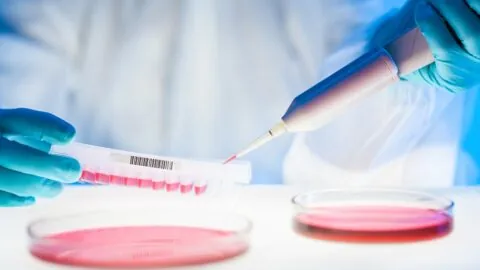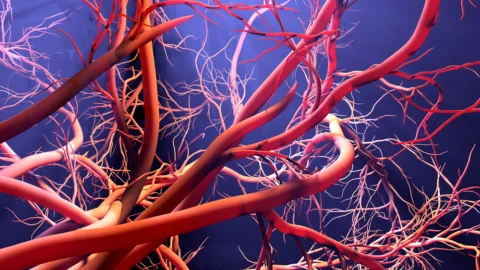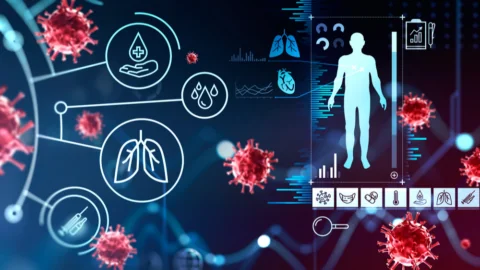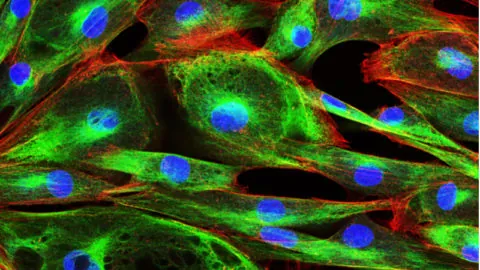May 10, 2024
Scientists have successfully used heart muscle cells created from induced pluripotent stem cells to counter the deleterious effects of heart attack in non-human primates. Reprogrammed cells for heart regeneration Yamanaka Factors - Opportunities for RejuvenationDrs. Takahashi and Yamanaka showed that they could use Oct4, Sox2, Klf4, and c-Myc (OSKM) to reprogram cells back to pluripotent, embryonic...
March 11, 2024
Instead of using cellular reprogramming to directly treat age-related diseases, a perspective published in Nature Communications focuses on the opposite: using reprogrammed cells to form aged tissues and organoids on which to conduct experiments. Why not just use donors? Obviously, there is no shortage of age-related tissues in the world, and tissue donors can and...
July 03, 2023
Researchers publishing in Aging have outlined how biochemical signals derived from created stem cells encourage blood vessels to form new branches in naturally aged mice. iPSCs, exosomes, and angiogenesis Exposure to the Yamanaka factors can cause ordinary cells to teturn to early stemness, from which they can divide into any other cell in the body....
May 15, 2023
In an open-access paper published in Cell Stem Cell this month, researchers have explained how organoids derived from human pluripotent stem cells (hPSCs) are being used to analyze diseases and develop treatments. Different sources for different conditions This review includes both human embryonic stem cells (hESCs), which are derived from the human organism at its...
February 16, 2023
Researchers publishing in Cell Stem Cell have used organoids derived from human cells to regrow the brain tissue of rats. The need to repair permanent damage BrainThe brain is perhaps the most important organ in the body. While many organs are critical to our survival, the brain contains the self. It is responsible for personality...
May 16, 2022
A team of Chinese researchers has described a novel method of illuminating pluripotent stem cells in a paper published in Aging. How and why Yamanaka Factors - Opportunities for RejuvenationDrs. Takahashi and Yamanaka showed that they could use Oct4, Sox2, Klf4, and c-Myc (OSKM) to reprogram cells back to pluripotent, embryonic stem cells. While this discovery showed...






